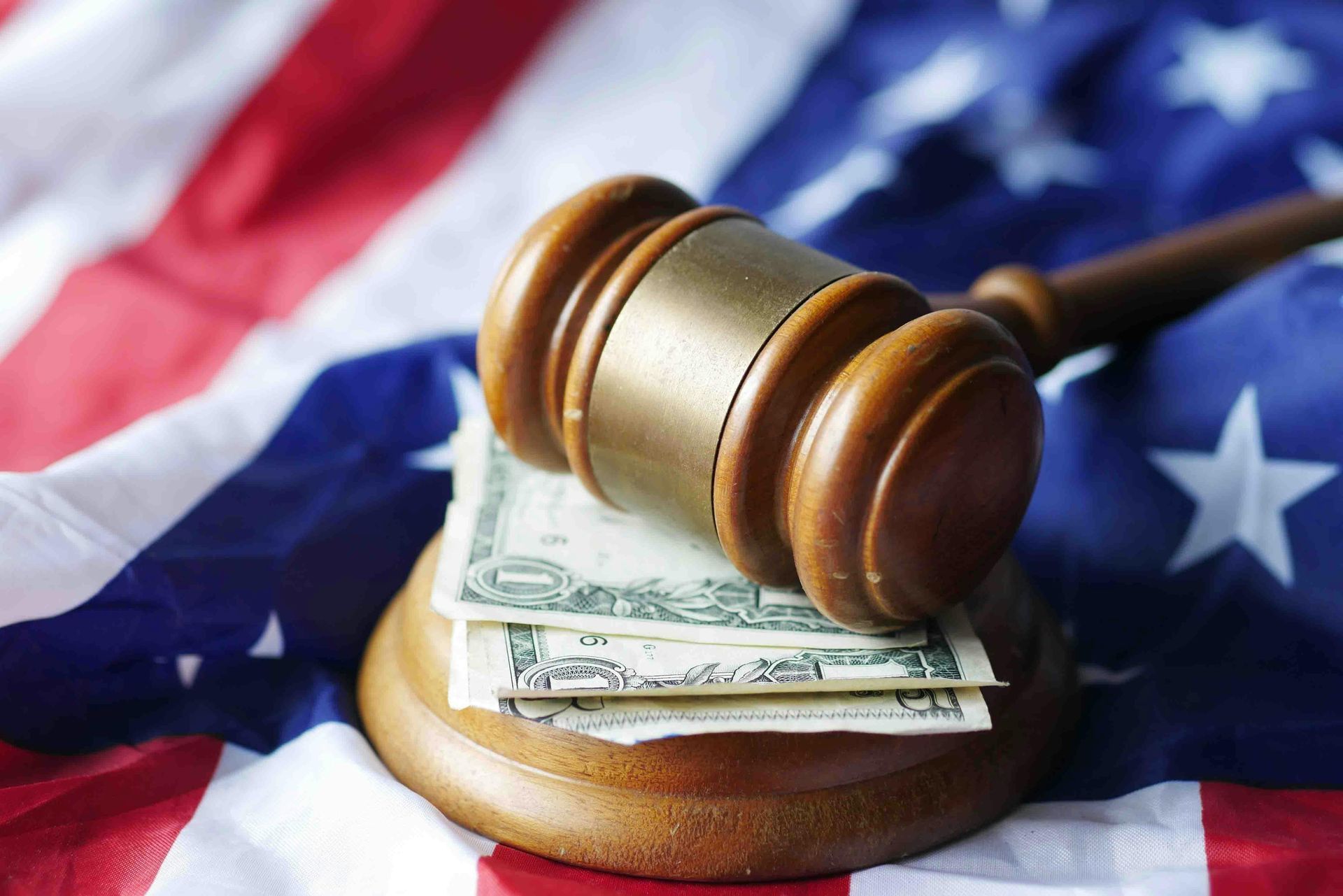Understanding the rights of creditors in bankruptcy cases
Understanding The Rights of Creditors in Bankruptcy Cases
Bankruptcy is a legal process that offers relief to people who cannot pay off their debts. Once a person or business files for bankruptcy, their creditors must stop trying to collect debts.
Bankruptcy benefits debtors because it allows them to discharge their debts. Although the filing will be on their credit report for up to 10 years, people in debt can get a fresh financial start and avoid the stressful collections process.
What if you are a lender and someone who owes you money files for bankruptcy? Though you may think that bankruptcy means you will never be repaid, it's possible you will see some or all of your money returned by the end of the process.
Creditors must take specific steps when notified of a bankruptcy filing involving their debtor. As a lender, you have privileges in bankruptcy cases, including the right to make your case for complete repayment. However, your rights can vary depending on the details of your loan and the debtor's overall financial situation.
Types of bankruptcy
When a person files for bankruptcy, the court puts their debts on hold. However, they still have to pay as much as possible of the total amount owed.
Chapter 7 bankruptcy is the most common form of insolvency, while you may also encounter debtors who file for Chapter 13 bankruptcy.
Here is a look at what you can expect as a lender if you get bankruptcy notice involving one of your debtors.
- Chapter 7 bankruptcy is also called liquidation bankruptcy. This process allows debtors to start afresh by discharging all of their debt. A bankruptcy court pays off as much of the debt as possible by liquidating the bankrupt person's assets and giving the proceeds to lenders. A trustee handles the sale of assets and the distribution of the profits. This court-appointed representative pays lenders based on priority. For example, secured loans get paid first, followed by unsecured debt. In many instances, a debtor can keep necessities, such as their residential home, work equipment, and vehicle needed for transport, during the liquidation process.
- Chapter 13 bankruptcy is also known as reorganization bankruptcy. This process is different because there is no liquidation of assets. The debtor starts the process by going to credit counseling and making a plan to repay existing debt. However, instead of paying lenders directly, the debtor deposits money into an account managed by a trustee. The process can take three to five years, with the trustee paying off debts in order of priority.
Chapter 11 is the other well-known type of bankruptcy, but it is only available to corporations, who can use the process to restructure and repay existing debts without having to stop operations. Unless you are a large shareholder or institutional lender, you will likely not be confronted with a Chapter 11 bankruptcy.
The importance of priority for creditors during a bankruptcy case
A lender's hopes of repayment after a bankruptcy filing depend on the loan agreement and terms.
A bankruptcy court treats creditors differently depending on the priority of debt and the type of debt security or collateral. If the debt was unsecured, such as a medical or credit card bill, you will typically have a lower priority for repayment.
Creditors who have secured loans, such as mortgages or vehicle loans, typically have a higher priority. The trustee will attempt to give them the value of the security assets from the liquidation proceeds.
Depending on the assets and financial situation of the debtor, a lender waiting for compensation for an unsecured loan may only receive partial repayment or no reimbursement.
Can creditors reject a bankruptcy discharge plan?
As a creditor, you have the right to reject part of the bankruptcy discharge. You can do so by filing an adversary proceeding. This case will require a lawyer because you need to prove that the debtor purposely misled the trustee and court to avoid repayment or engaged in another fraudulent activity to hide assets or avoid repayment. The alleged fraud could be in the bankruptcy filing itself or in any activities related to the debt before the bankruptcy filing.
Many of these cases involve people intentionally running up credit card debt or taking out loans in the months before declaring bankruptcy or signing property over to relatives to avoid liquidation.
What should a creditor do after they receive a bankruptcy notice?
If you receive a bankruptcy notice involving one of your debtors, there are specific steps you need to take to abide by the law and give yourself the best possible chance of getting a partial or full repayment.
- Stop any collection efforts or follow-ups about the debt. Once the debtor files for bankruptcy, they are protected from additional collection efforts. It is against the law to contact the borrower after you receive a bankruptcy notice.
- File your proof of claim with the court before the deadline. In most cases, you can submit your documents up to 70 days after the bankruptcy filing.
- Make sure to identify assets associated with secured debts. This is an important step because, in most cases, debts secured by property move to the front of the line for repayment.
- Accept or reject the debtor's discharge plans. The trustee will hold a "meeting of creditors," during which you can assess the bankruptcy discharge plan. In most instances, the trustee collects and verifies all supporting documentation beforehand. Except in some special cases, creditors or their legal representatives do not attend the actual meeting of creditors. You have 60 days from the meeting to reject the discharge plan.
When a debtor files for bankruptcy, the court tries to ensure they pay as many debts as possible through liquidation or a long-term repayment plan. However, you may want to hire a bankruptcy lawyer to represent your interests during the process. In addition to advising you about timeframes and proof of claim, they can review documents and supporting evidence to ensure the debtor is accurately representing their total wealth and not purposely hiding property or misrepresenting its necessity.










